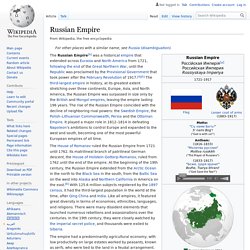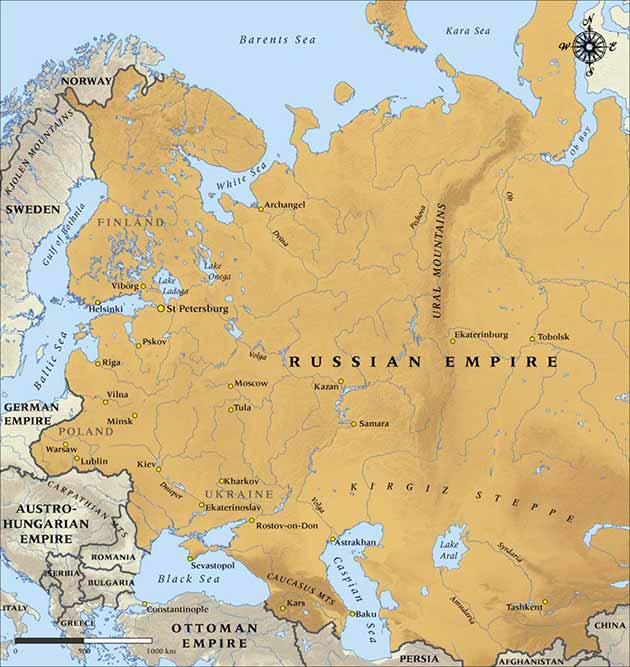
The Russian Empire (Russian: Российская Империя) or Russia was an empire that existed across Eurasia and North America from 1721, following the end of the Great Northern War, until the Republic was proclaimed by the Provisional Government that took power after the February Revolution of 1917.


I cannot forecast to you the action of Russia. It is a riddle, wrapped in a mystery, inside an enigma; but perhaps there is a key. That key is Russian national interest.
After Nazi Germany invaded the Soviet Union on June 22, 1941, Josef Stalin officially resurrected many pre-1917 heroes, hoping that their examples would serve to arouse feelings of patriotism that would enable the Russian people to defeat yet another would-be conqueror. Of these heroes, the czarist
PLEASE NOTE: This content requires the base game Total War™: ROME II to play.The year is 270 AD and The Roman Empire is on the brink of economic collapse. Divided into three distinct seats of power, and with Barbarians and Eastern Empires ready to swarm her crumbling borders, it is time to do or die.
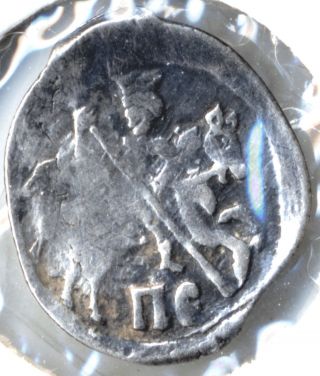

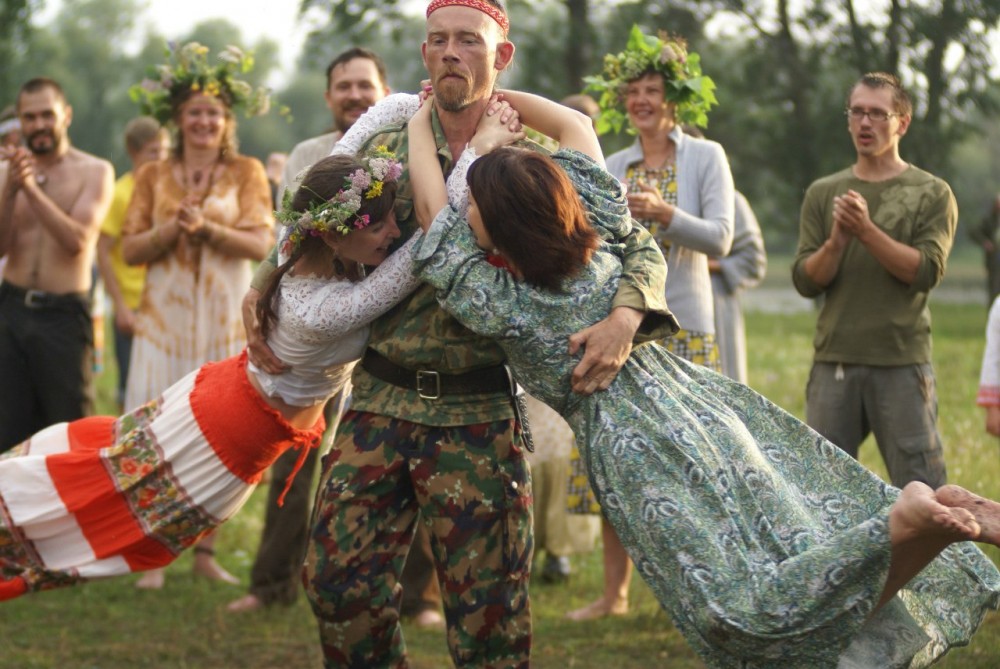

The Russian Empire (Russian: Российская Империя) or Russia was an empire that existed across Eurasia and North America from 1721, following the end of the Great Northern War, until the Republic was proclaimed by the Provisional Government that took power after the February Revolution of 1917.
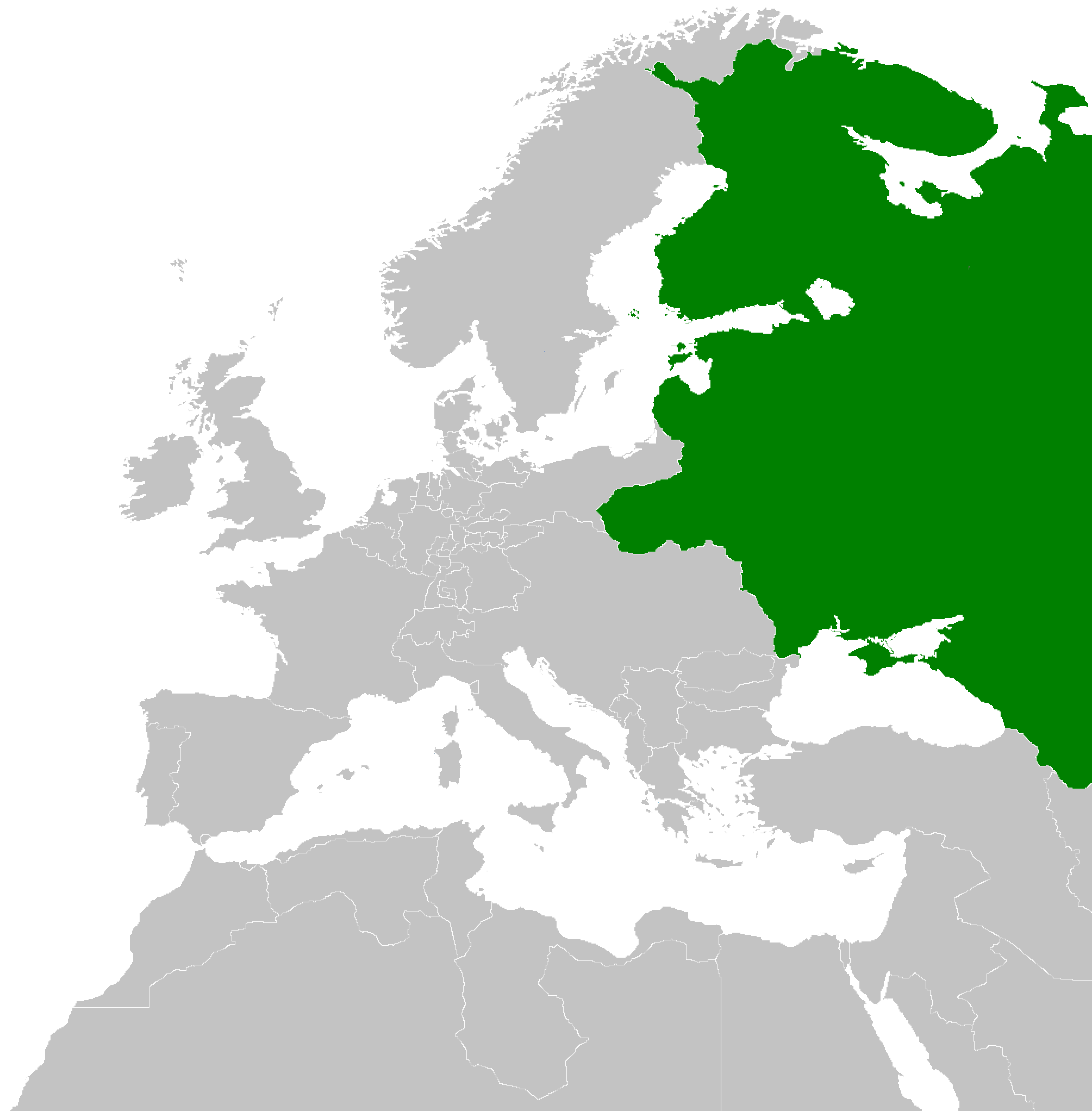
The reform of Russian orthography refers to official and unofficial changes made to the Russian alphabet over the course of the history of the Russian language, and in particular those made between the 18th-20th centuries.

The Term “Byzantine Empire” The name Byzantine Empire is derived from the original Greek name for Constantinople; Byzantium. The name is a modern term and would have been alien to its contemporaries.
The Term “Byzantine Empire” The name Byzantine Empire is derived from the original Greek name for Constantinople; Byzantium. The name is a modern term and would have been alien to its contemporaries.
The reform of Russian orthography refers to official and unofficial changes made to the Russian alphabet over the course of the history of the Russian language, and in particular those made between the 18th-20th centuries.
I cannot forecast to you the action of Russia. It is a riddle, wrapped in a mystery, inside an enigma; but perhaps there is a key. That key is Russian national interest.
